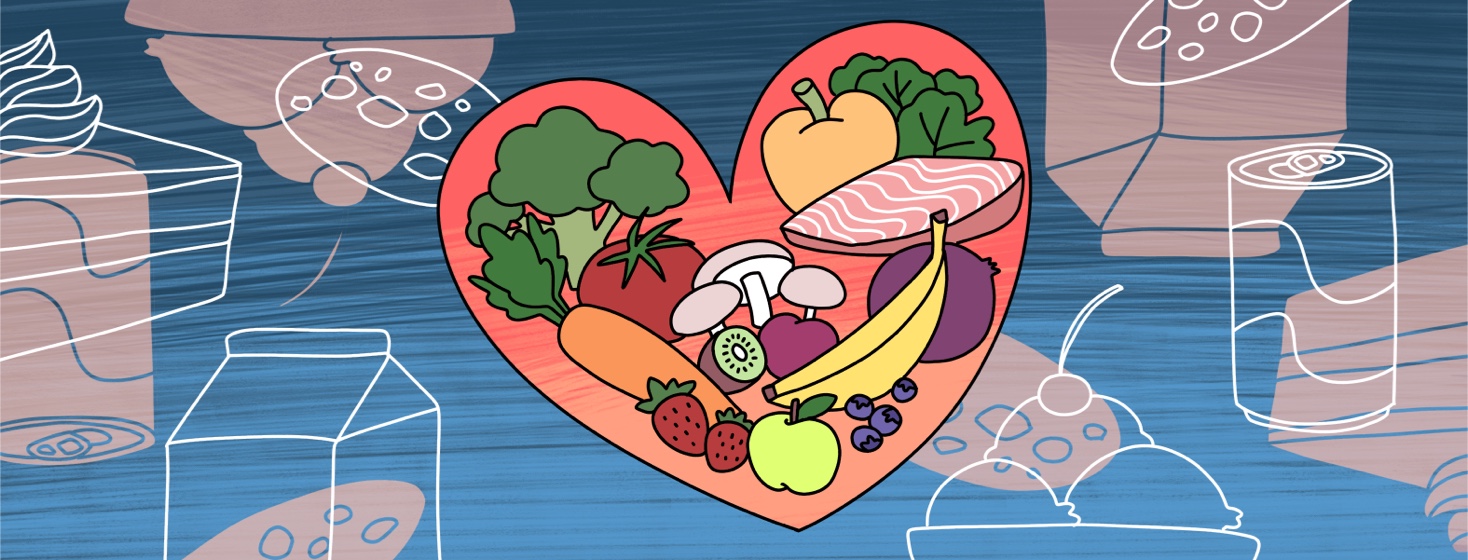How Diet and Lifestyle Changes Impact My AS Symptoms
Shortly after my diagnosis, I started to investigate diet and lifestyle changes to help fight ankylosing spondylitis. I wanted to become the best advocate possible for my own health and see what was possible. Despite some doctors’ statements that diet doesn’t play a big role, I wanted to find out for myself.
A love of learning
Over the years, I have done several dietary experiments, testing out different nutrition protocols. Fast forward to now, I have two health coaching certifications under my belt (Functional Health Coach, Autoimmune Protocol Coach). This training has given me a much better understanding of the connection between our diet/lifestyle, intestinal permeability (leaky gut), and chronic inflammatory conditions.
Diet changes to consider for ankylosing spondylitis
What works for me may not work for you. We are all so unique. However, I believe the below diet changes have helped to reduce my ankylosing spondylitis symptoms by lowering the inflammation in my body and making me more resilient when faced with flares.
Please be sure to consult with a registered dietician or a trusted healthcare provider before changing your diet.
Cutting gluten out
Eliminating gluten was the first and biggest diet change I made. It was challenging at first, but it’s a change I will most likely not reverse. Gluten will stay out of my diet for the rest of my life.
In the book "The Paleo Approach," Dr. Sarah Ballantyne writes that gluten can damage the gut barrier. This damage can activate the immune system and cause inflammation.1 She says that gluten-containing grains (wheat, barley, rye) are typically the most problematic for those with gut health issues or autoimmune disease.1
Once I removed gluten, I felt a big difference in my overall well-being. This also means that I stay away from processed gluten-free product alternatives. These are often filled with other unhealthy ingredients and chemicals.
Limiting processed sugar and dairy
I also limit processed sugary treats and snacks. Dr. Ballantyne addresses the problem with sugar in her book. The first problem is that it is typically added to nutritionally poor foods to make them addictive. She explains that when the body isn't getting the nutrients it needs from these foods, this creates a vicious cycle resulting in even more cravings.
The other problem with sugar, she says, is that eating more of it often leads to issues with blood sugar regulation. Dr. Ballantyne states that managing those levels and maintaining insulin sensitivity are important to support the immune system and reduce inflammation.1
The book also points to dairy being a common allergen and states that it can also cause leaky gut and slow nutrient absorption.1 (Note: Dr. Ballantyne states there is a big difference in nutritional value between conventional, grain-fed dairy products and grass-fed, raw, full-fat dairy products).
Focusing on whole foods
This means I limit processed vegetable oils (very high in Omega-6 fatty acids), sweeteners, additives, etc as much as possible. I buy organic when possible and focus on healthy carbs (sweet potatoes, plantains, potatoes, some white rice, fruit), fats (nuts/seeds, olive and coconut oil, olives), proteins (grass-fed meat, wild-caught fish), and lots of vegetables.
Adding gut-healthy foods
I always aim to consume a mix of prebiotic food to feed my beneficial gut bacteria, and probiotics (sauerkraut, kombucha etc., plus a good quality supplement) to support the variety and abundance of my gut bacteria (70% of our immune system is in the gut2). I also consume bone broth frequently. As Dr. Ballantyne states in her book, bone broth is a nutrient-dense food rich in numerous vitamins, minerals, antioxidants and glycine.1
Some food for thought for you! I would love to hear about the diet changes you have made (or are planning to make) to help manage your ankylosing spondylitis?

Join the conversation